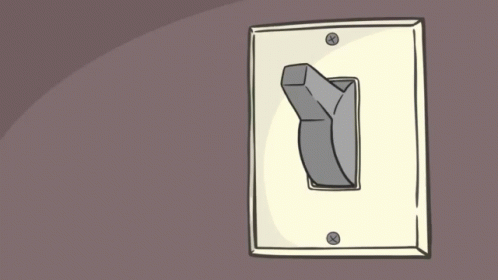In the young days of the Republic, it was generally held that “estoppel could not be asserted against a sovereign.” Block v. North Dakota ex rel. Bd. of University and School Lands, 461 U.S. 273, 297 n.3 (1983) (O’Connor, J., dissenting).
Modern times have brought a more relaxed perspective on that principle, as summarized by the Texas Supreme Court in PDT Holdings, Inc. v. City of Dallas, No. 23-0842 (Tex. May 2, 2025):
Mistaken actions by city officials generally will not equitably estop the city from performing its governmental functions. But we have long recognized that estoppel may be necessary to prevent manifest injustice in exceptional cases where a citizen relies on affirmatively misleading government statements and suffers substantial loss as a result. …
We agree that a mere mistake in issuing a permit is not sufficient for estoppel, but that is not what happened here. Instead, city officials affirmatively told the builder that 36 feet was the applicable height limit, issued an amended permit for that height after inspecting the construction, and stated that the duplex was “OK TO FINISH” even after they identified the ordinance violation. Accordingly, we hold that legally sufficient evidence supports the disputed elements of estoppel, and the trial court did not abuse its discretion in concluding estoppel is necessary to prevent manifest injustice.
No. 23-0842 (Tex. May 2, 2025).




